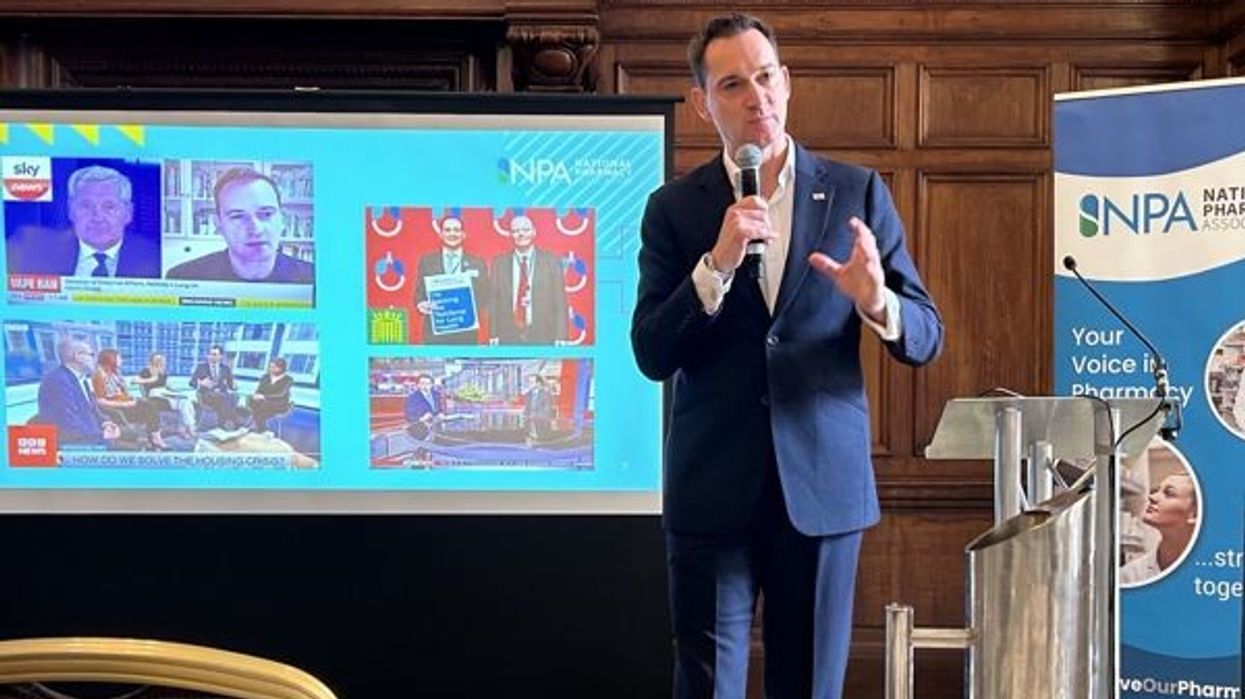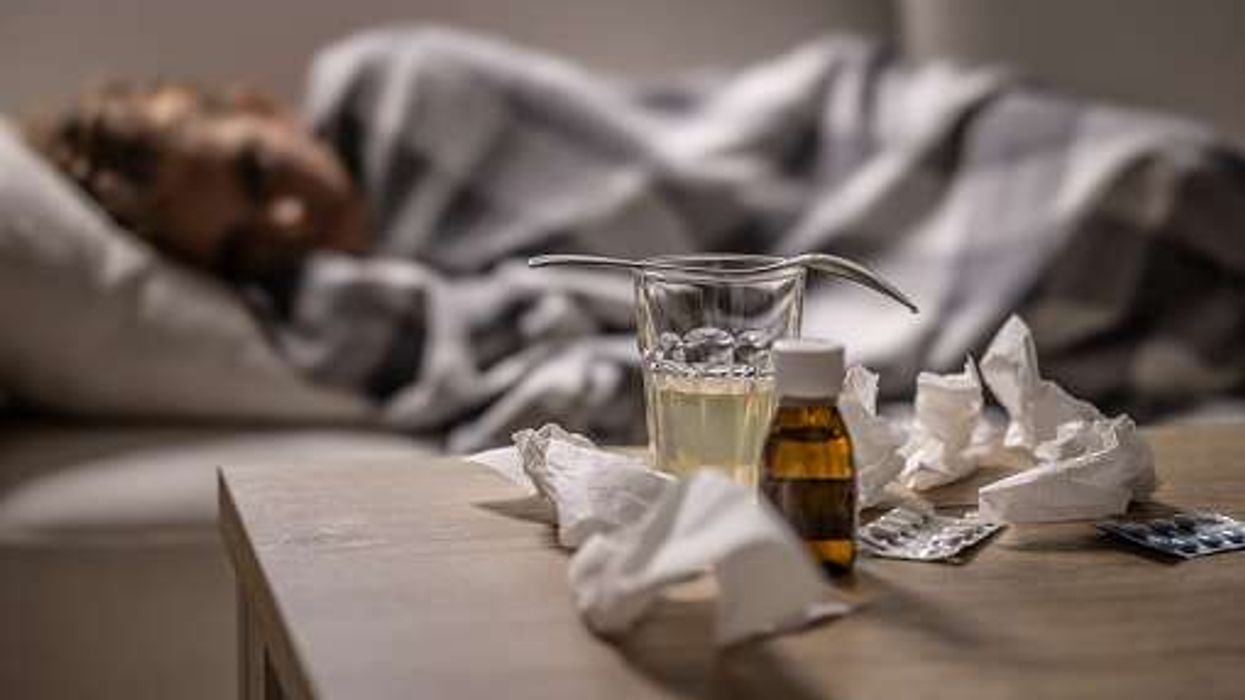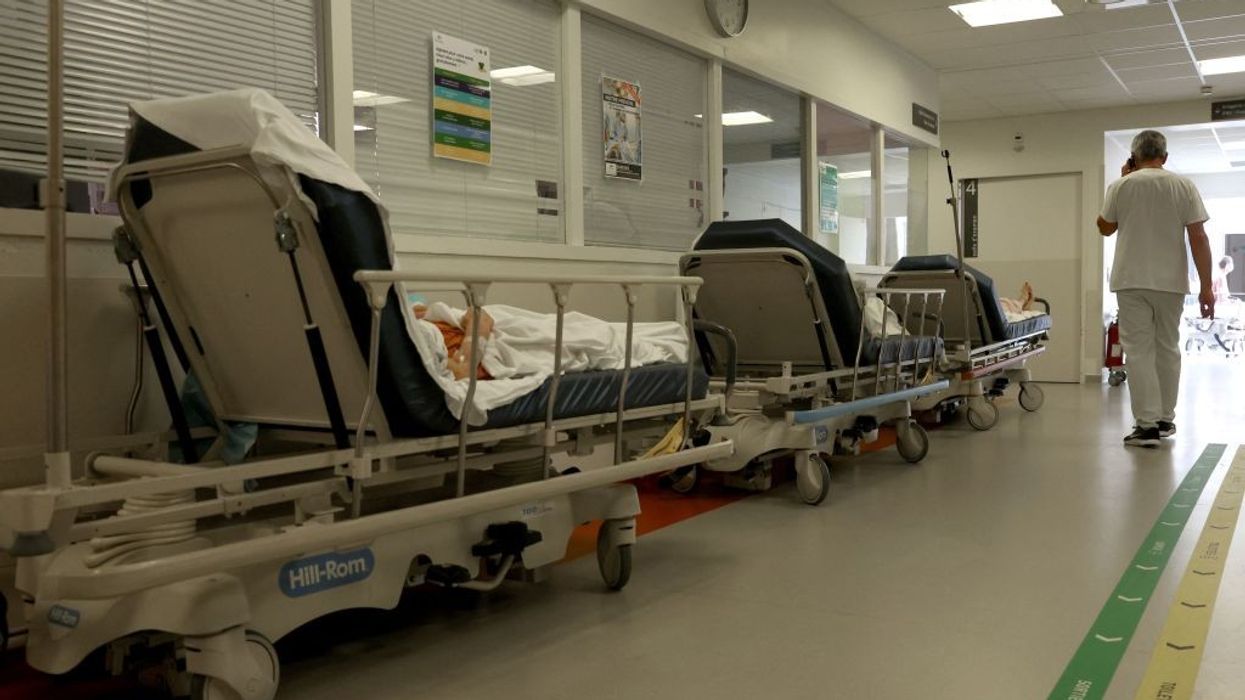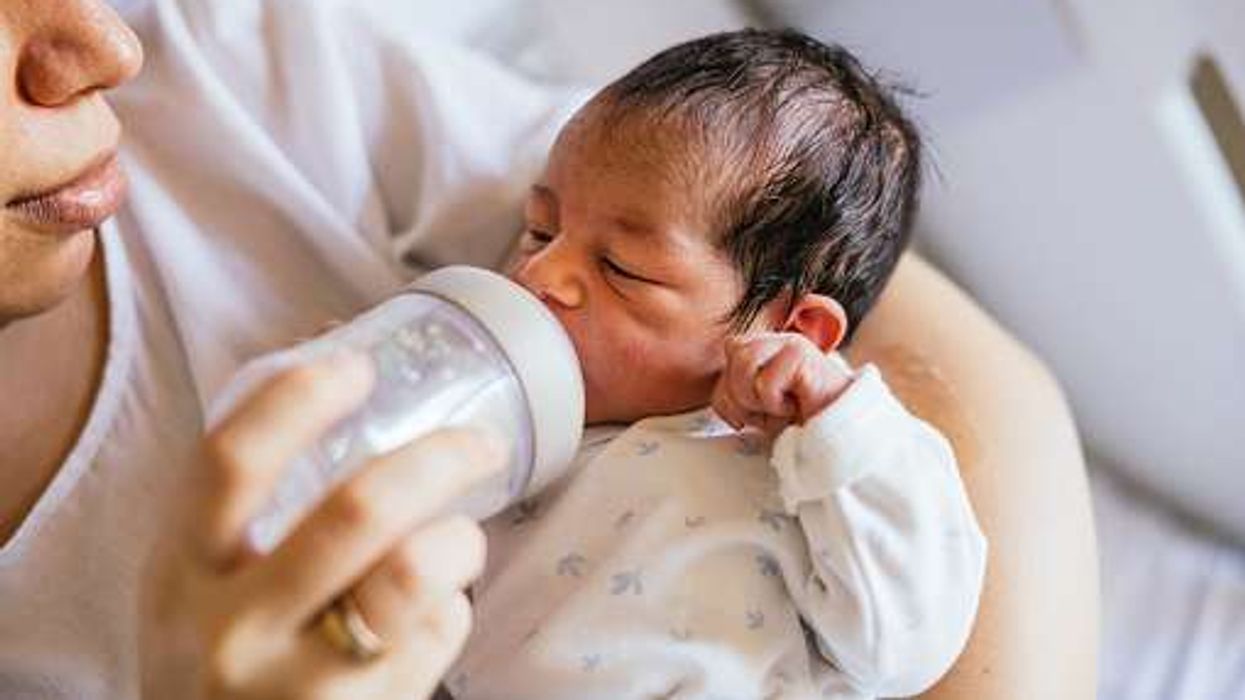New data published by the UK Health Security Agency (UKHSA) has revealed that London is potentially at risk of a measles resurgence.
UKHSA modelling suggests that, unless MMR vaccination rates improve, London could see a measles outbreak with tens of thousands of cases.“Those who have never received a measles vaccine (MMR) are at risk,” said UKHSA.MMR is part of the NHS Routine Childhood Immunisation Programme. Parents whose infants missed out, or anyone of any age unvaccinated, are urged to come forward.Susceptibility is particularly high among 19 to 25 year olds, affected by unfounded stories in the early 2000s (‘Wakefield cohorts’) and some may still not be fully vaccinated.As part of continued efforts to protect people against getting measles, the NHS is launching a campaign encouraging people to check their vaccination status, with targeted outreach to groups in London.Data published today by the UK Health Security Agency (UKHSA) shows there has been a steady rise in measles cases this year. It shows, between 1 January and 30 June this year there have been 128 cases of measles, compared to 54 cases in the whole of 2022, with 66 per cent of the cases detected in London although cases have been seen in all regions.The UKHSA assessment finds the risk of a measles epidemic across the UK is considered low. However, with lower current levels of coverage in London, a measles outbreak of between 40,000 and 160,000 cases could occur in the capital.The assessment also concludes that there is a high risk of cases linked to overseas travel leading to outbreaks in specific population groups such as young people and under-vaccinated communities.The risk in London is primarily due to low vaccination rates over several years, further impacted by the COVID-19 pandemic, particularly in some areas and groups where coverage of the first MMR dose at 2 years of age is as low as 69.5%.NHS England has launched a targeted national campaign to encourage uptake of the MMR vaccine, including targeted outreach work in London for those identified as at high risk and communities with the lowest uptake of vaccination.This Site is Intended for Healthcare Professionals Only
Search
AI Powered
Human content,
AI powered search.
Latest Stories
Start your day right!
Get the latest updates and insights delivered to your inbox











